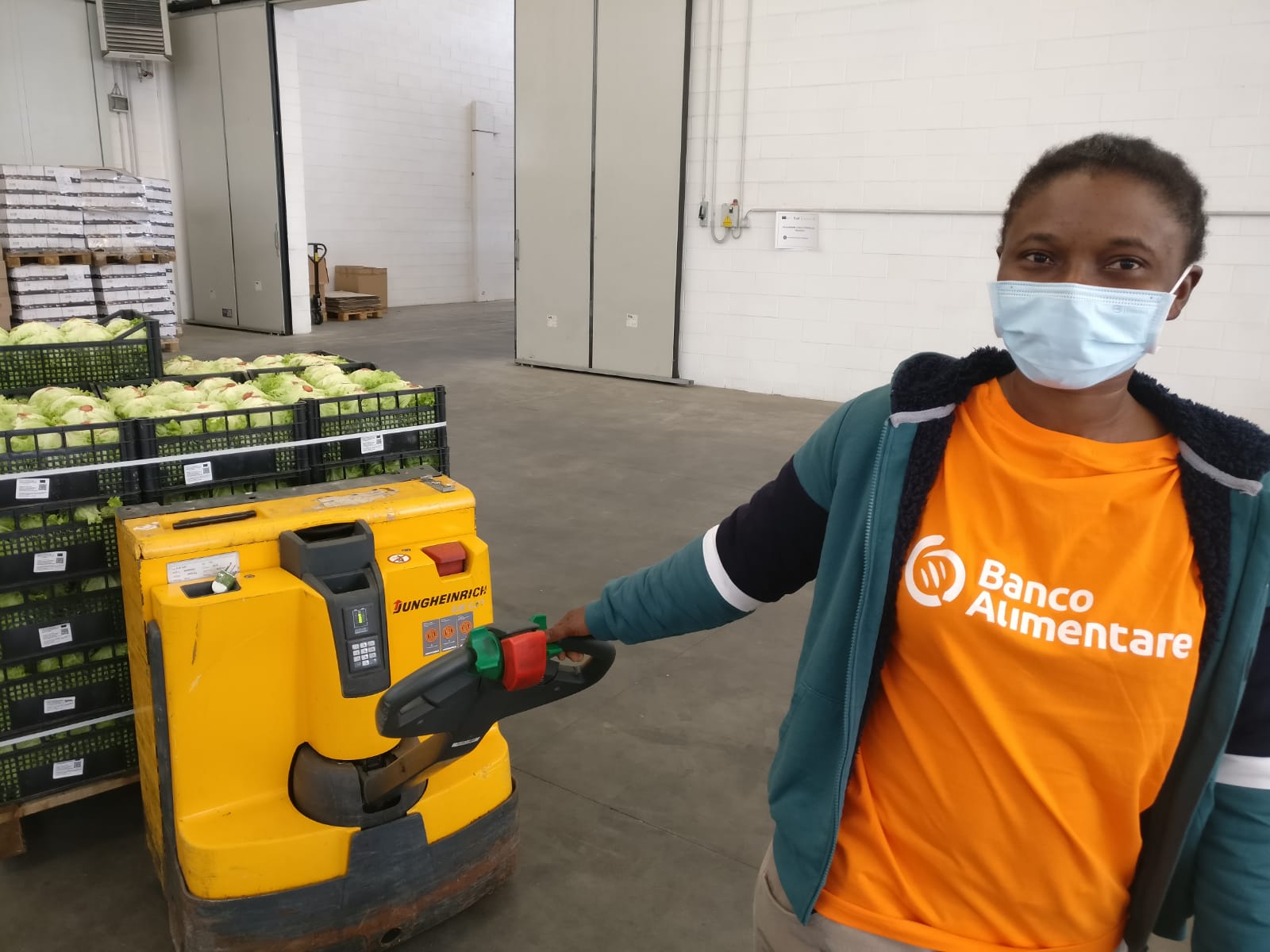The health emergency that has hit Italy has strong repercussions on the economy, turning immediately into a social crisis.
A multitude of people are asking for help and it will increase in the coming months with the continuation of the health crisis. Small traders or artisans have had to close, many people employed in precarious jobs that do not enjoy special subsidies or public aid and have no savings set aside, as well as many workers on temporary contracts or with occasional activities that have stopped. Since March, the demand for food aid that we received from the 7,500 charitable structures of the network, has increased about 40% throughout the country, with peaks of 70% in the southern regions. The data show that 77% of already poor families have seen their disposable income reduced and 63.9% have reduced the purchase of food. From 2008 to 2016 the number of poor people had doubled due to the financial crisis and then settled around 5 million, of which 1,500,000 already reached by the Food Bank Network. Today there are 2,100,000 people and 8,000 charitable structures. In this difficult period, Banco Alimentare has never stopped and has continued its daily work of recovery and distribution of food surpluses, but this chain of solidarity risks every day, inevitably, not being able to meet the growing need. The Banco Alimentare network is multiplying its efforts to face to the requests for help from people in difficulty, trying to offer all the support necessary to the charitable structures that have an agreement with it. Here are some examples of how we have operated in recent months.
In April, the sudden suspension of commercial catering caused significant volumes of surplus food. The main catering chains contacted us and within 15 days we reached about 200 stores in addition to their logistics platforms. The food was fresh or frozen so we also had to ensure that the cold chain did not break so that the food would reach the associations perfectly healthy. In the end we recovered more than 50 tons of food throughout the country. In the months of total lockdown the most serious problem was that we couldn’t receive the support of many volunteers as they were over 65 years old and they were unable to get out of their municipalities and reach the Food Banks’ headquarters. Many volunteers were also unable to move and many charities decided to close, leading to an even more serious situation for families and poor people who were unable to receive the necessary help.
In those days the collaboration between municipalities, Civil Protection, catering companies, general markets, public transport companies, Food Bank, Caritas and the Italian Red Cross gave birth to the Municipal Operations Centers (COC) to centralize the food aid chain and make up for the lack of volunteers. Many young people made themselves available to deliver food aid. On that occasion, it was a fortune to be able to use the food goods of the FEAD program and donations from various companies.
An innovative project was #SOStegnostraordinario coordinated by Caritas Italiana and Fondazione Banco Alimentare Onlus thanks to the contribution of a Banco BPM. Caritas gathered information on what kind of food families needed, so they made the weekly shopping basket according to that. When we received this information, we made tried to collect that kind of food.The Food Bank had the task of recovering food worth 250,000.00 euro to guarantee the variety of products in the basket and the quantity for two months. Then the Caritas volunteers would deliver the “weekly expenses” as well as the financial support for other expenses.
Some agricultural sectors such as fruit and vegetables, dairy products and cold cuts were in a difficult situation because the suspension of catering caused tons of surpluses in those stages. Also in this case, thanks to a political choice of 7 years ago, later confirmed in the text of Law 166/16, the Table for Aid and Against Food Waste, established at Mipaaf, was able to use 300 million euros allocated by the Government to withdraw these surpluses and allocate them to charitable organizations that will donate them to the most deprived in our country. Although not very quickly, since October, Banco Alimentare has started the distribution to the associations and will continue in the coming months.
The last example deals with Federalimentare, the food industry trade association. At Easter, they proposed to their members to donate food to Banco Alimentare. Many member companies joined by donating food products for a total of more than 100 tons.




